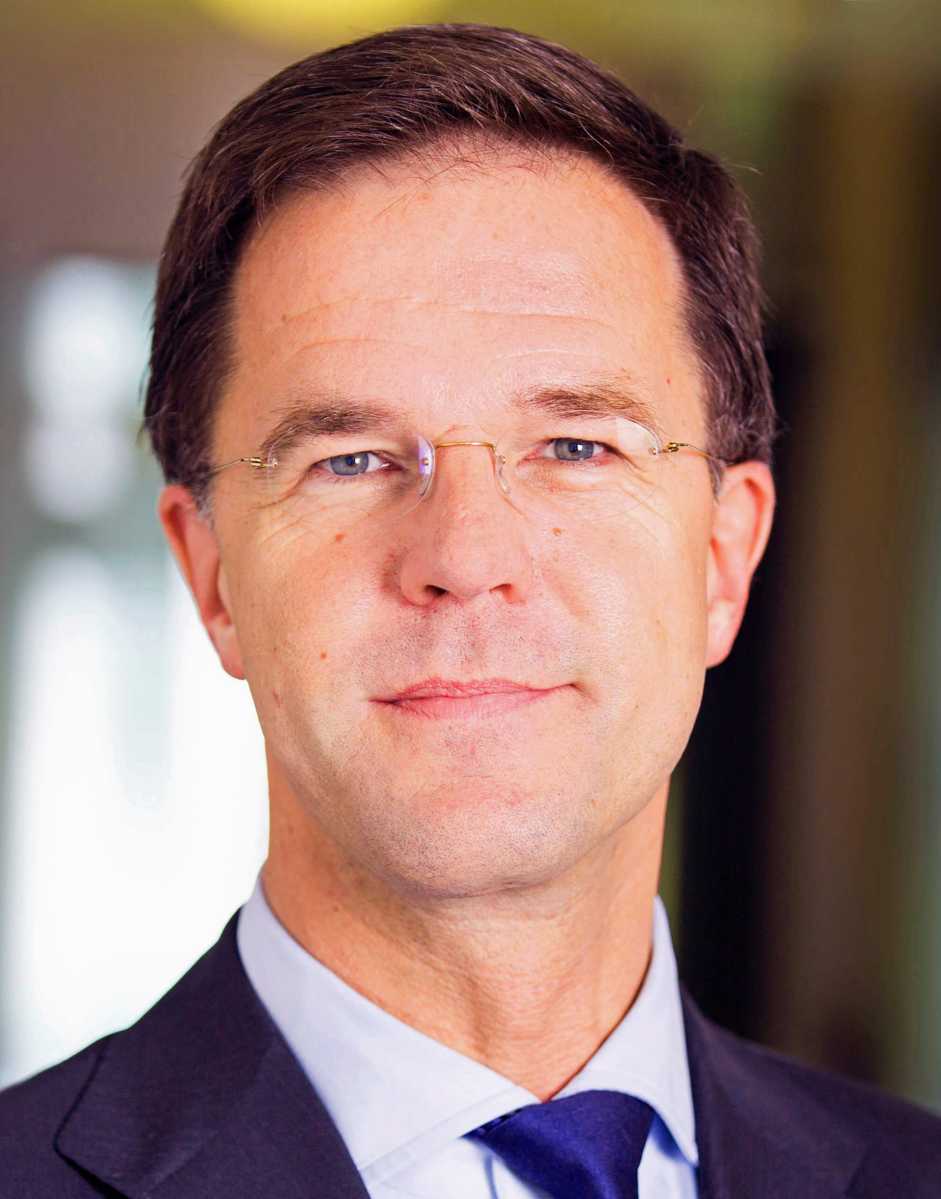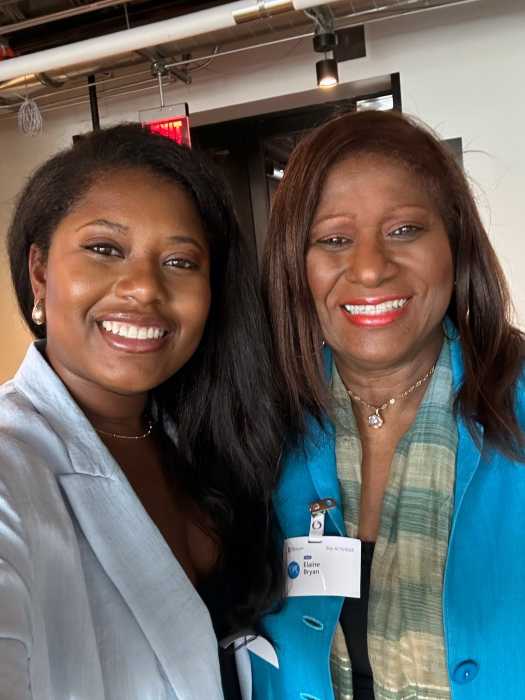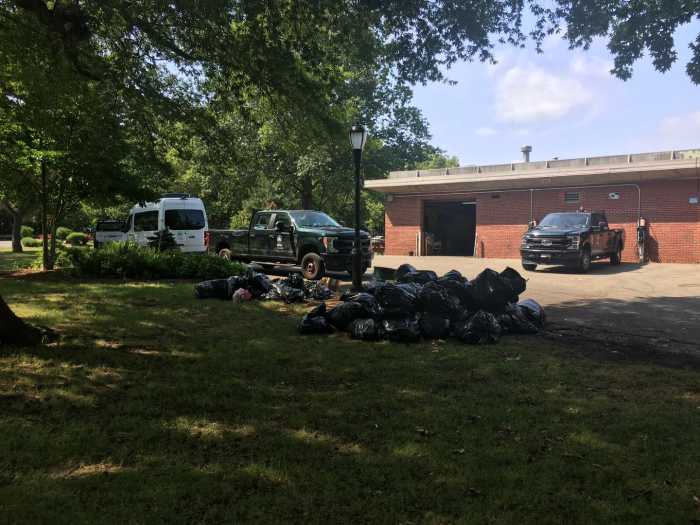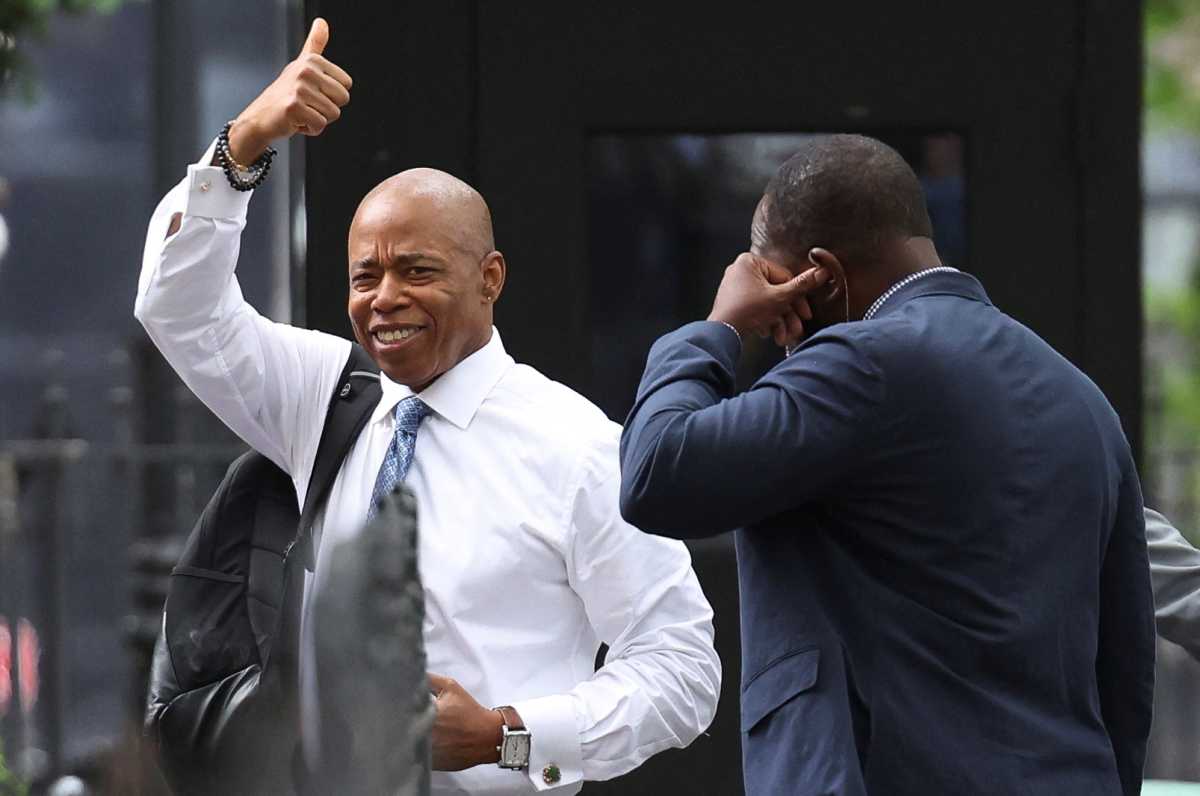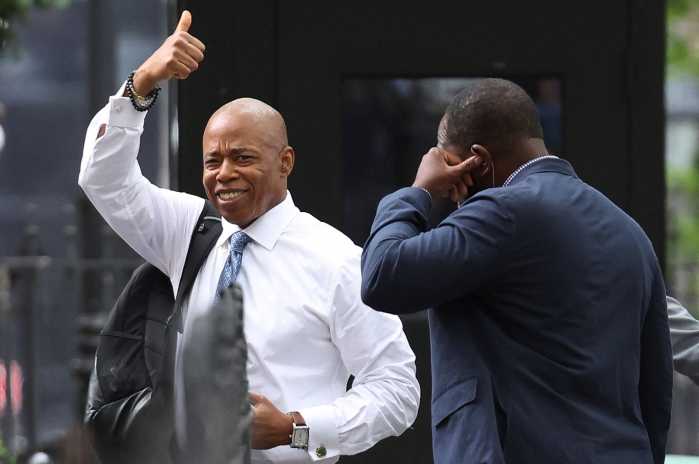A day after Dutch Prime Minister Mark Rutte issued an apology for the horrors of the Dutch slave trade, the most recent survey in The Netherlands still show that nearly 50 percent of the population are against any expressions of remorse to victims and descendants.
Rutte showed up at the national archive on Monday to say that slavery was wrong, brutal, inhumane and a dirty blot on local history. His apology came just three months after he had visited the former Dutch Caribbean Community nation of Suriname for talks with top officials and to assess the lingering effects of slavery on today’s generation. A few weeks before, a multiparty delegation of lawmakers had also done so. They say they were so moved by what they had seen that they immediately recommended a formal apology to Suriname and existing Dutch colonies like St. Maarten and Curacao.
“Today I apologize. The healing process must now begin and we will write the program for this together,” Rutte said as he spoke before an invited audience. His 20-minute presentation was beamed around the world.
But reactions from the Caribbean region have not been that positive. Armand Zunder, the head of the Surinamese Reparations Commission is livid that Rutte and the Dutch cabinet had ignored the plight of native Indians who also bore the brunt of genocidal acts of cruelty from Dutch invaders and colonizers.
“The Netherlands calls slavery a crime against humanity and it must bear responsibility for it,” said Zunder. “Reparations must be made. If you acknowledge something, then you also have to bear responsibility for it.”
In St. Maarten which had also hosted a Dutch parliamentary delegation, Prime Minister Silveria Jacob who said she was a bit offended by “this abrupt and forced apology for ‘slavery past’ by The Netherlands. The manner in which we arrive here today, is messy, and exposes many risks in the realization of true reparatory justice for those impacted by the transatlantic slave trade, the enslavement of our ancestors, and subsequent racism,” she said in prepared remarks.
Meanwhile, Rutee said The Dutch are also setting aside just under Euros 200 million for awareness and education projects and nearly 30 million for a slavery monument, but he did not announce any significant plans for reparations payments. “How can a nation admittedly ignorant of their own colonial violence determine the conditions for an apology, yet alone reparations? How can a nation be sorry for something they admittedly know little to nothing about and have only recently seen the need for the current actions? Again, we see here a demonstration of Eurocentric thinking whereby it is dangerous and irresponsible to root an apology in Eurocentric dogma and entitlement,” The PM asked.
The apology has come ahead of 150 years of the abolition of slavery in Suriname and other colonies mid next year. Activists say, however, that the move could most likely now bolster the case of Caricom governments which are putting together a historical and detailed document on the trade and they fight to make Europe pay reparations. They have already hired a British law firm which has had financial success on behalf of genocide victims and have also asked Europe for a summit to civily discuss the issue.
Dutch involvement in the trade dates back to a period near the end of the 1500s and ran for more than 250 years.
The apology follows a 2018 apology from Denmark to Ghana which ran for nearly 200 years, one from King Philippe of Belgium to the Congo and one from the Pope for the role of the church.
“Until 1814, more than 600,000 enslaved African women, men and children were shipped to the American continent under appalling conditions by Dutch slave traders. Most to Suriname, but also to Curaçao, Sint Eustatius and other places. They were taken from their families, dehumanized, transported and treated like cattle. Often under the government authority of the West India Company,” Rutte said, noting that the country must own up to its past.
Recalling the horrors of the trade, Rutte, 55, noted the gruesome “treatments and punishments. We read of flogging and torture to death, of people having their limbs cut off, of branding in the face. The fate of one person is more terrible than the other, injustice and more injustice on every page. And as Anton de Kom described it for Suriname, it also happened elsewhere, under the same Dutch government authority. We read it, we know it, and yet the horrible fate of enslaved people is hard to comprehend.” End/bw


